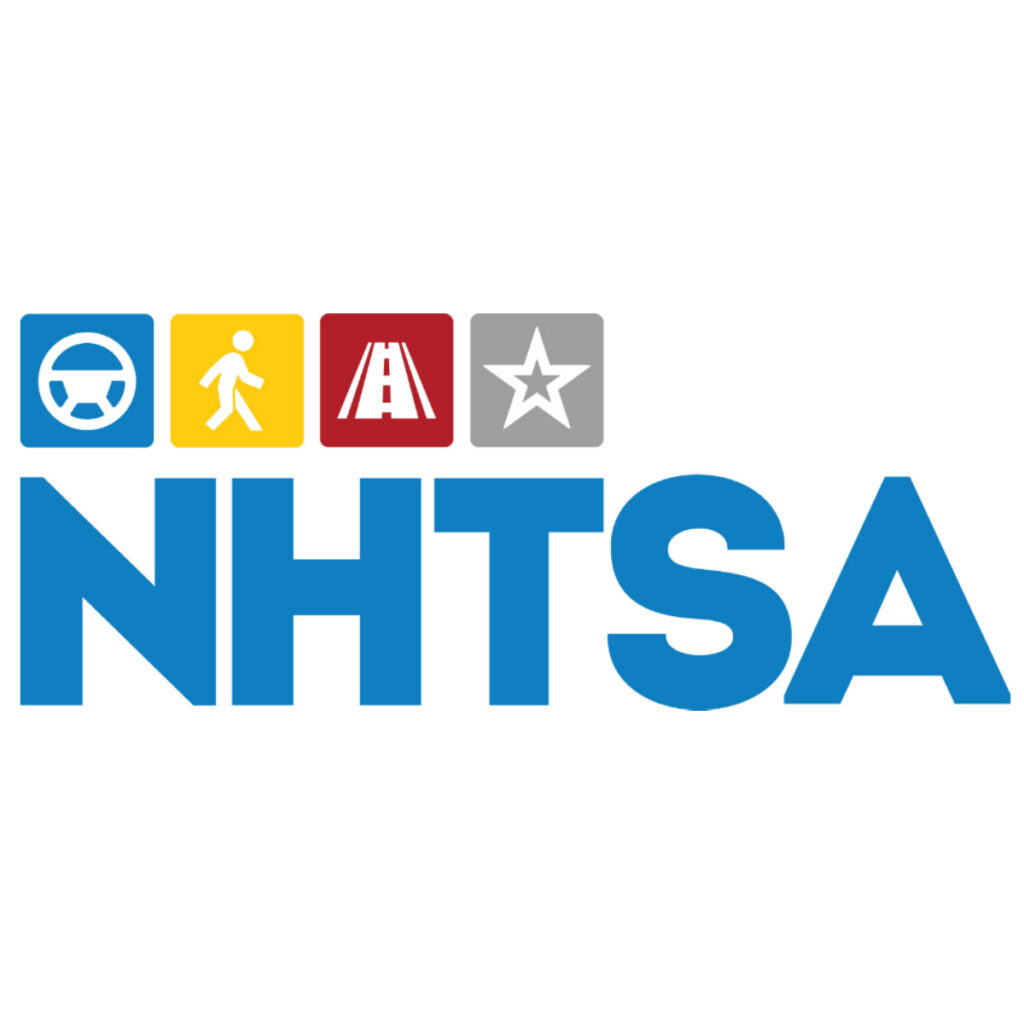A Culture of Quality in Impaired Driving Cases: Due Process and Guilty Pleas
This webinar is presented free of charge in partnership with NHTSA.
0
Days & Times
10 a.m. Pacific
Duration: 60 minutes
Course Location
Online
Course Fees
This webinar is presented free of charge in partnership with NHTSA.
$0
The criminal justice system has several case disposition methods, but the guilty plea is clearly the most common. It is unquestioned that the trial by jury is a bedrock principle that underscores the legitimacy of our criminal justice system, but more than 90% of convictions result from guilty pleas. In fact, the United States Supreme Court has noted that we have a “system of pleas, not a system of trials.” Despite the paucity of trials and the abundance of guilty pleas, the judicial system often does not respect the importance and legitimacy of the guilty plea process and fails to acknowledge that a guilty plea results in a waiver of certain rights BUT is not a waiver of due process. In this webinar, there will be an analysis of the role of the judge in creating a culture of quality to make certain that each case is effectively and efficiently processed and concluded, with complete respect for the process due for a valid guilty plea, with or without an agreement.
This webinar is presented free of charge in partnership with NHTSA. $0
During this course, you will learn to:
- Analyze the importance of creating a culture of quality in adjudicating impaired driving cases;
- Identify the multiple aspects of due process involved in impaired driving case adjudication;
- Construct an effective, efficient, and constitutionally valid guilty plea process in impaired driving cases; and,
- Evaluate the proper and ethical role of the judge in plea negotiations that is fair to the prosecution and respects the due process rights of all defendants.
Earl G. Penrod, Senior Judge

This course qualifies for The National Judicial College Certificate in Judicial Development program Administrative Law Adjudication Skills, Dispute Resolution Skills, General Jurisdiction Trial Skills, Special Court Trial Skills, and Tribal Judicial Skills disciplines.
The criminal justice system has several case disposition methods, but the guilty plea is clearly the most common. It is unquestioned that the trial by jury is a bedrock principle that underscores the legitimacy of our criminal justice system, but more than 90% of convictions result from guilty pleas. In fact, the United States Supreme Court has noted that we have a “system of pleas, not a system of trials.” Despite the paucity of trials and the abundance of guilty pleas, the judicial system often does not respect the importance and legitimacy of the guilty plea process and fails to acknowledge that a guilty plea results in a waiver of certain rights BUT is not a waiver of due process. In this webinar, there will be an analysis of the role of the judge in creating a culture of quality to make certain that each case is effectively and efficiently processed and concluded, with complete respect for the process due for a valid guilty plea, with or without an agreement.